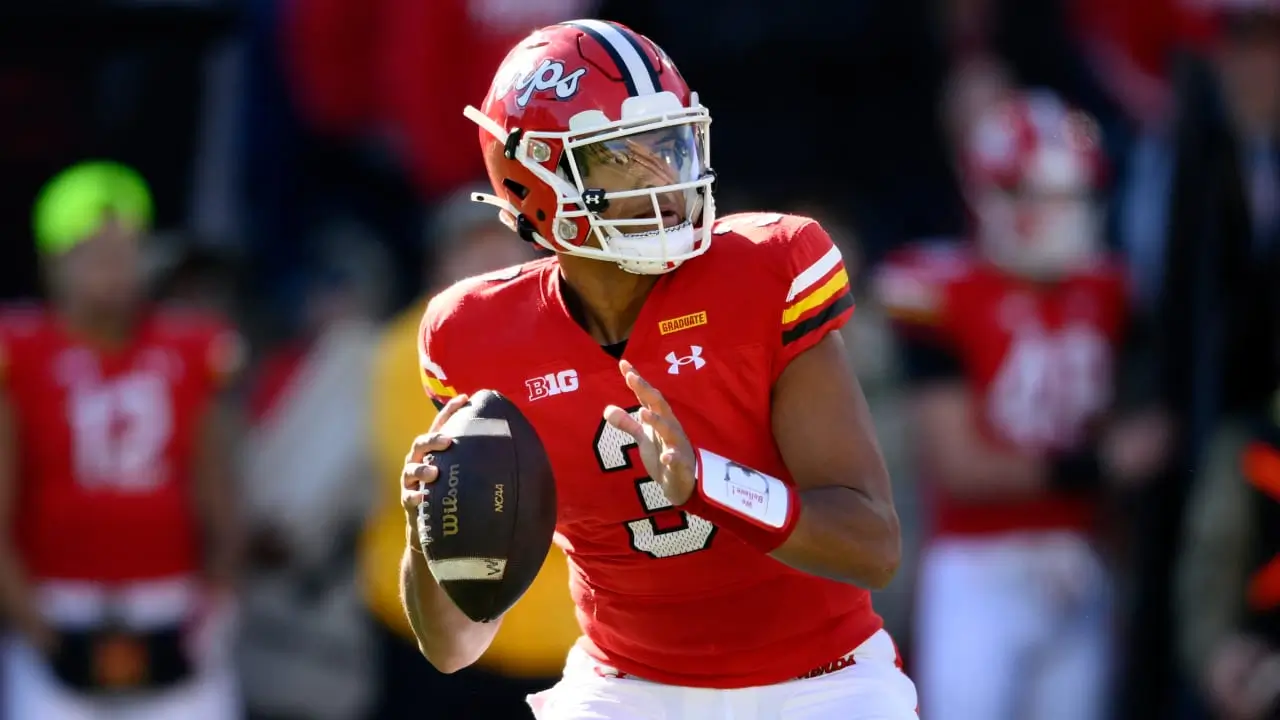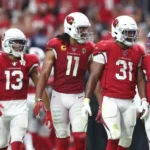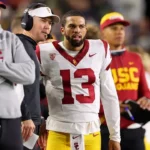Hiring an agent is one of the most important decisions a rookie in the NFL must make. The decisions these NFL rookies make will have a big influence on their careers as they go from college to professionals, where the stakes are higher.
For many young players, playing in the NFL is their dream come true, but figuring out the complex rules of the league frequently call for expert advice.
Quickly Navigate
Do NFL Rookies Have Agents?
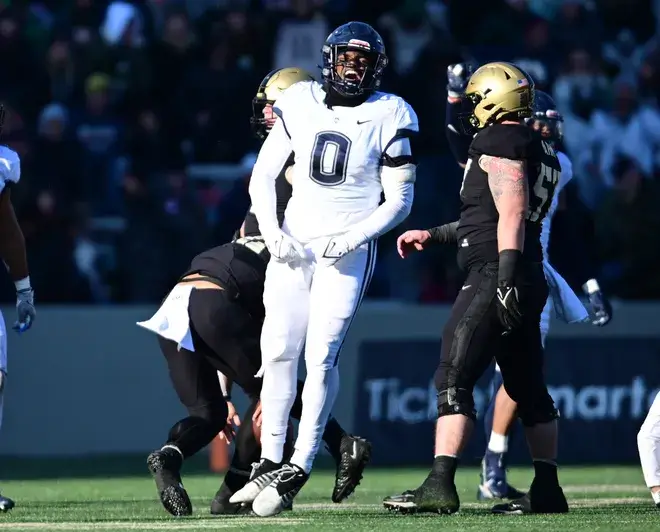
An NFL agent is a professional middleman who represents players in business-related concerns like contract negotiations and endorsement deals.
These middlemen act like a bridge between the athletes and the commercial side of sports, acting as more than just negotiators.
They make certain that athletes receive the best contracts available, enhance their marketability, and safeguard their legal rights.
Why Do NFL Rookies Need Agents?
Newly graduated from college, NFL rookies frequently lack the expertise and experience necessary to successfully negotiate contracts and sponsorships.
For a young player, making the switch from amateur to professional sports might be difficult due to the new complexity.
By managing these difficulties, agents offer rookies valuable support, leaving them time to concentrate on their performance on the field.
Agents play a critical role in protecting the interests of rookies by helping them secure large contracts and securing respect to league rules.
Also Read: What are the Best NFL Player Agencies?
When Do NFL Rookies Typically Hire Agents?
Before the NFL Draft, most rookies in the NFL hire an agency during or right after their college football careers.
During the draft process, the agent’s job becomes necessary as they set up pre-draft workouts, lobby for the rookie, and negotiate the rookie’s selection position with teams.
By getting involved early on, the agent can influence the rookie’s NFL debut and make sure they get off to a good start.
How Do NFL Rookies Choose Their Agents?
For NFL rookies, choosing a suitable agent is a critical choice that frequently necessitates in-depth investigation and interviewing.
Rookies usually look for agents that have a solid reputation, a track record of success, and strong ties within the NFL.
To make sure they choose an agent they can collaborate closely with and trust, they also take the agent’s friendliness and communication style into account.
This is an important choosing procedure because the rookie’s career path can be greatly impacted by the choice of agency.
What are the Benefits of Having an Agent for NFL Rookies?
NFL rookies may benefit greatly from having an experienced agent, both on and off the field.
Because agents are skilled negotiators, they can get advantageous contract terms, guaranteeing the youngster a good starting salary.
Agents provide access to endorsement deals, media opportunities, and long-term financial planning beyond contracts.
They also help rookies strategically manage their careers by offering priceless guidance on how to deal with the demands of professional sports.
What are the Risks of Not Having an Agent?
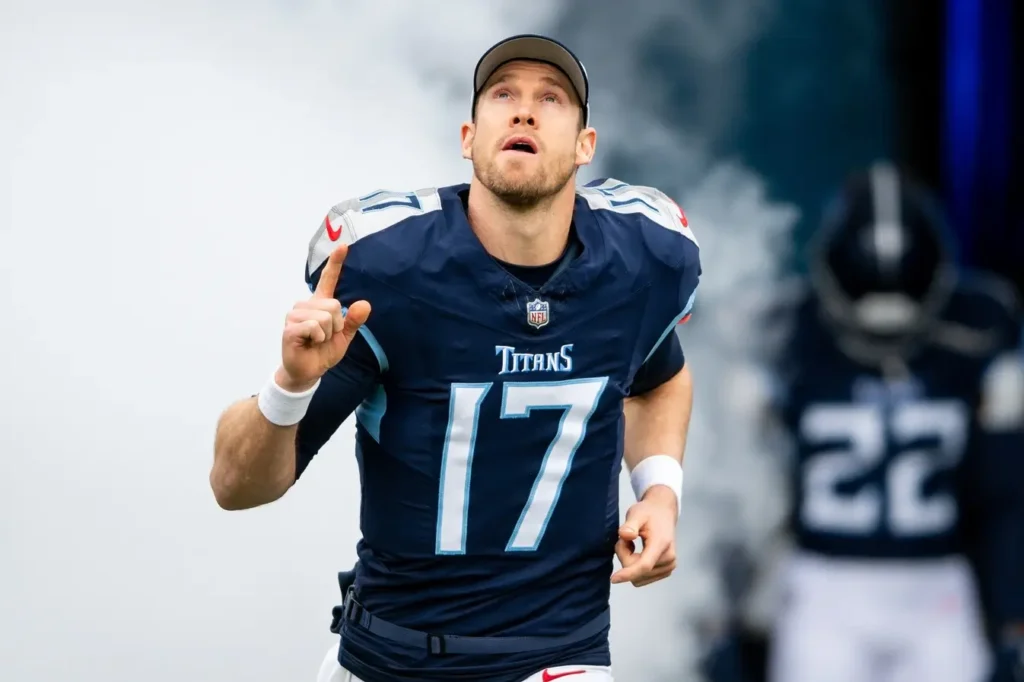
Even while some athletes could choose to represent themselves, going it alone can come with a lot of dangers, like bad contracts and lost opportunities.
Rookies may be at a disadvantage in negotiations without the representation of an agent, maybe agreeing to terms that undervalue them.
Also, self-representation can be stressful and time-consuming, which takes the player’s attention away from the game.
There have been cases where athletes without agencies have encountered difficulties that could have been solved with legal counsel.
Real-Life Examples of NFL Rookies and Their Agents
The knowledge and experience of their agents has helped a number of popular NFL rookies, shaping their careers from the beginning.
In this case, Bus Cook, Cam Newton’s agent, played a key part in negotiating his rookie contract and landing big endorsement deals that launched his successful career.
To guarantee that Peyton Manning was not only fairly compensated but also positioned strategically within the league, Tom Condon, Manning’s agent, helped in the negotiation of some of the richest contracts in NFL history.
Final Note
To effectively operate the professional sports scene, having an agent is not only a luxury but frequently a need for NFL rookies.
An agent can be essential to a rookie’s career since they negotiate contracts, get endorsements, and offer advice and assistance.
But it is feasible to sign with the NFL without an agent, doing so is usually not worth the risks.
An agent is, for the most part, a necessary collaborator in helping rookies succeed in the highly competitive world of professional football.
